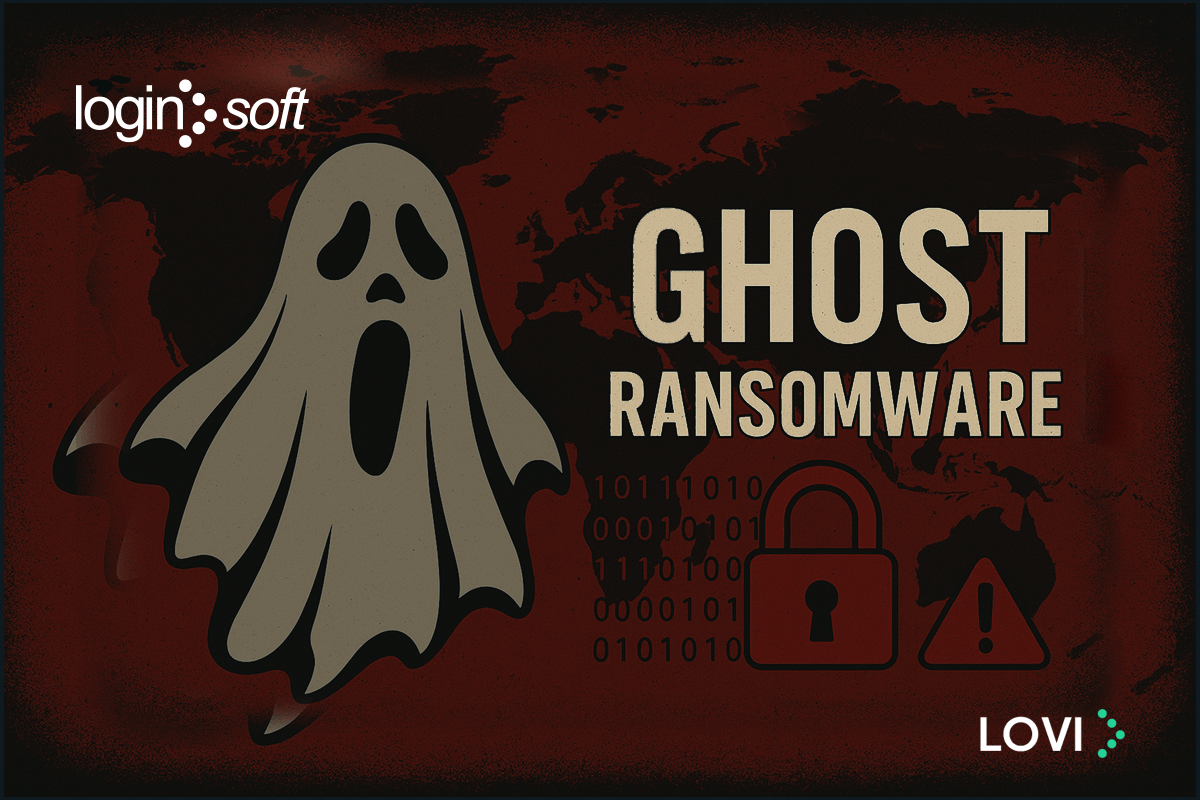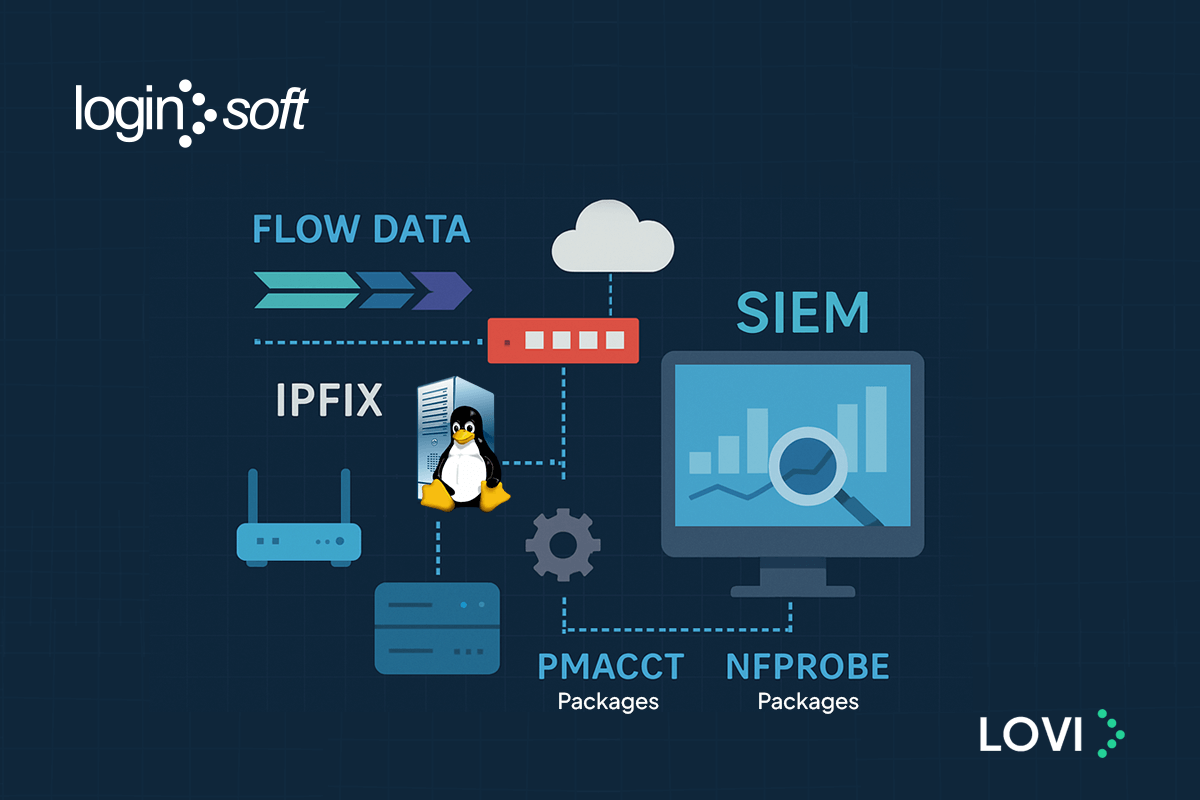In today’s cyber landscape, whether you run Linux servers, Windows workstations, or a mixed environment, one truth remains constant—your logs know the story before anyone else does. From failed login attempts to malware detections and privilege escalations, system logs are your early warning system, your forensic trail, and your compliance record.
Both Linux and Windows generate thousands of log entries every day, and trying to monitor all of them is neither practical nor useful. The key is knowing which events truly matter—those that could signal a security incident, system failure, or compliance violation.
Why Critical Event Monitoring Matters
- Early Threat Detection: Identify suspicious activities like brute-force attacks, unauthorized privilege escalations, or abnormal system behavior before damage occurs.
- Forensic Investigation: Logs provide a detailed, time-stamped trail of actions—vital for reconstructing incidents.
- Compliance: Frameworks like PCI DSS, HIPAA, and ISO 27001 demand log retention and review.
- Performance Optimization: Detect failing hardware, service crashes, or misconfigurations before they escalate.
Linux: Critical Logs to Watch
Linux stores logs across multiple files—most often in /var/log/—using tools like rsyslog, syslog-ng, or systemd-journald for collection.
Key Log Files
/var/log/auth.logor/var/log/secure– Authentication attempts and privilege escalations./var/log/syslog&/var/log/messages– General system activity and warnings./var/log/kern– Kernel events./var/log/audit/audit.log– Detailed audit records fromauditd.
High-Value Events
- Unauthorized Access Attempts: Failed SSH logins, repeated password failures.
- Privilege Escalations: sudo misuse, SELinux role changes.
- System Integrity Changes: Kernel module loads/unloads, file permission changes.
- Time Modifications: System clock changes, which can indicate log tampering attempts.
Tools for Analysis
- Commands:
grep,journalctl,dmesg,tail,awk. - Agents: Auditd, Auditbeat, Filebeat for forwarding logs to SIEM platforms.
Windows: Critical Event IDs to Monitor
Windows centralizes its logs in the Event Viewer, with each event assigned a unique numeric Event ID.
Key Security Event IDs
- 4624 – Successful logon.
- 4625 – Failed logon attempt.
- 4672 – Special privileges assigned to a new logon.
- 4663 – Object access attempt.
- 4720 – 4732 – User and group changes.
Windows Defender
- 1116 – Malware detected.
- 1117 – Action taken to remove or block threats.
Sysmon
- 1 – Process creation.
- 3 – Network connection initiated.
- 8 – Remote thread creation (process injection).
PowerShell
- 4103 – Module logging.
- 4104 – Script block logging.
Linux vs. Windows: Critical Event Monitoring at a Glance
Best Practices for Both Platforms
- Prioritize by Criticality: Avoid alert fatigue by separating high, medium, and low-critical events.
- Enable Real-Time Alerts: Use SIEM tools to trigger alerts on suspicious activity.
- Correlate Across Systems: Attackers often pivot between Windows and Linux—monitor both sides.
- Baseline Normal Activity: Understand what’s “normal” to quickly spot anomalies.
- Regular Audits & Testing: Periodically review configurations and simulate incidents in a lab environment.
Final Thoughts
Linux and Windows may log events differently, but the mission is the same—visibility equals security. By focusing on the right events, configuring proactive alerts, and integrating your logs into a central monitoring solution, you can detect threats earlier, respond faster, and maintain compliance with confidence.
At Loginsoft, we specialize in setting up complete Linux and Windows logging environments, integrating them with SIEM and SOAR platforms, and fine-tuning detection rules so you get fewer false alarms and more meaningful alerts. Your logs aren’t just system exhaust—they’re your first line of defense.
About Loginsoft
For over 20 years, leading companies in Telecom, Cybersecurity, Healthcare, Banking, New Media, and more have come to rely on Loginsoft as a trusted resource for technology talent. From startups, to product and enterprises rely on our services. Whether Onsite, Offsite, or Offshore, we deliver. With a track record of successful partnerships with leading technology companies globally, and specifically in the past 6 years with Cybersecurity product companies, Loginsoft offers a comprehensive range of security offerings, including Software Supply Chain, Vulnerability Management, Threat Intelligence, Cloud Security, Cybersecurity Platform Integrations, creating content packs for Cloud SIEM, Logs onboarding and more. Our commitment to innovation and expertise has positioned us as a trusted player in the cybersecurity space. Loginsoft continues to provide traditional IT services which include Software development & Support, QA automation, Data Science & AI, etc.
Expertise in Integrations with Threat Intelligence and Security Products: Built more than 250+ integrations with leading TIP, SIEM, SOAR, and Ticketing Platforms such as Cortex XSOAR, Anomali, ThreatQ, Splunk, IBM QRadar & Resilient, Microsoft Azure Sentinel, ServiceNow, Swimlane, Siemplify, MISP, Maltego, Cryptocurrency Digital Exchange Platforms, CISCO, Datadog, Symantec, Carbonblack, F5, Fortinet, and so on. Loginsoft is a partner with industry leading technology vendors Palo Alto, Splunk, Elastic, IBM Security, etc.
In addition, Loginsoft offers Research as a service: We're more than just experts in cybersecurity; we're your accredited in-house research team focused on unraveling the complexities of cybersecurity and future technologies. From Application Security to Threat Research, our seasoned professionals have cultivated expertise in every facet of the field. We've earned the trust of over 20 security platform companies, who count on our research and analysis to strengthen their cybersecurity solutions.
Interested to learn more? Let’s start a conversation.








